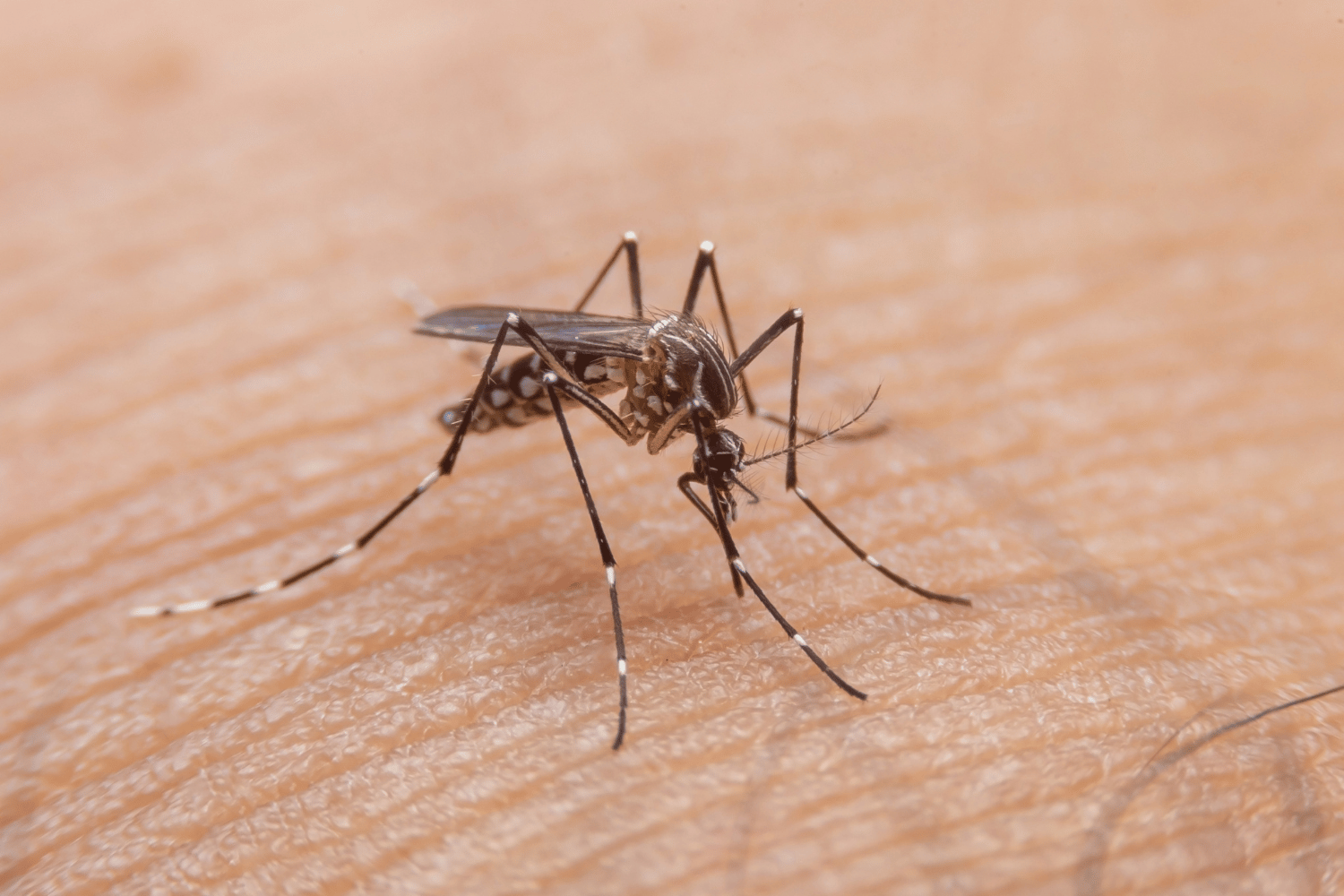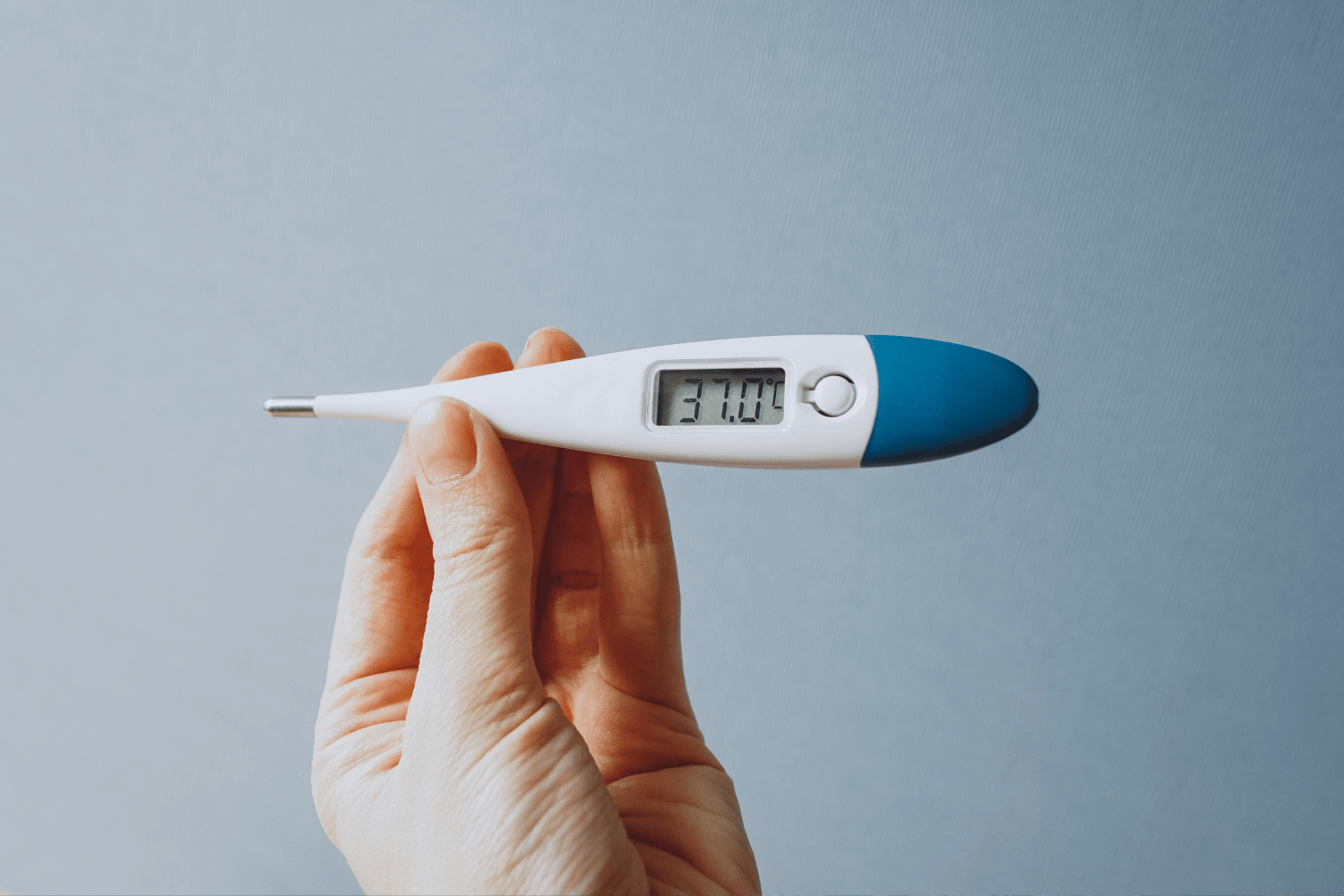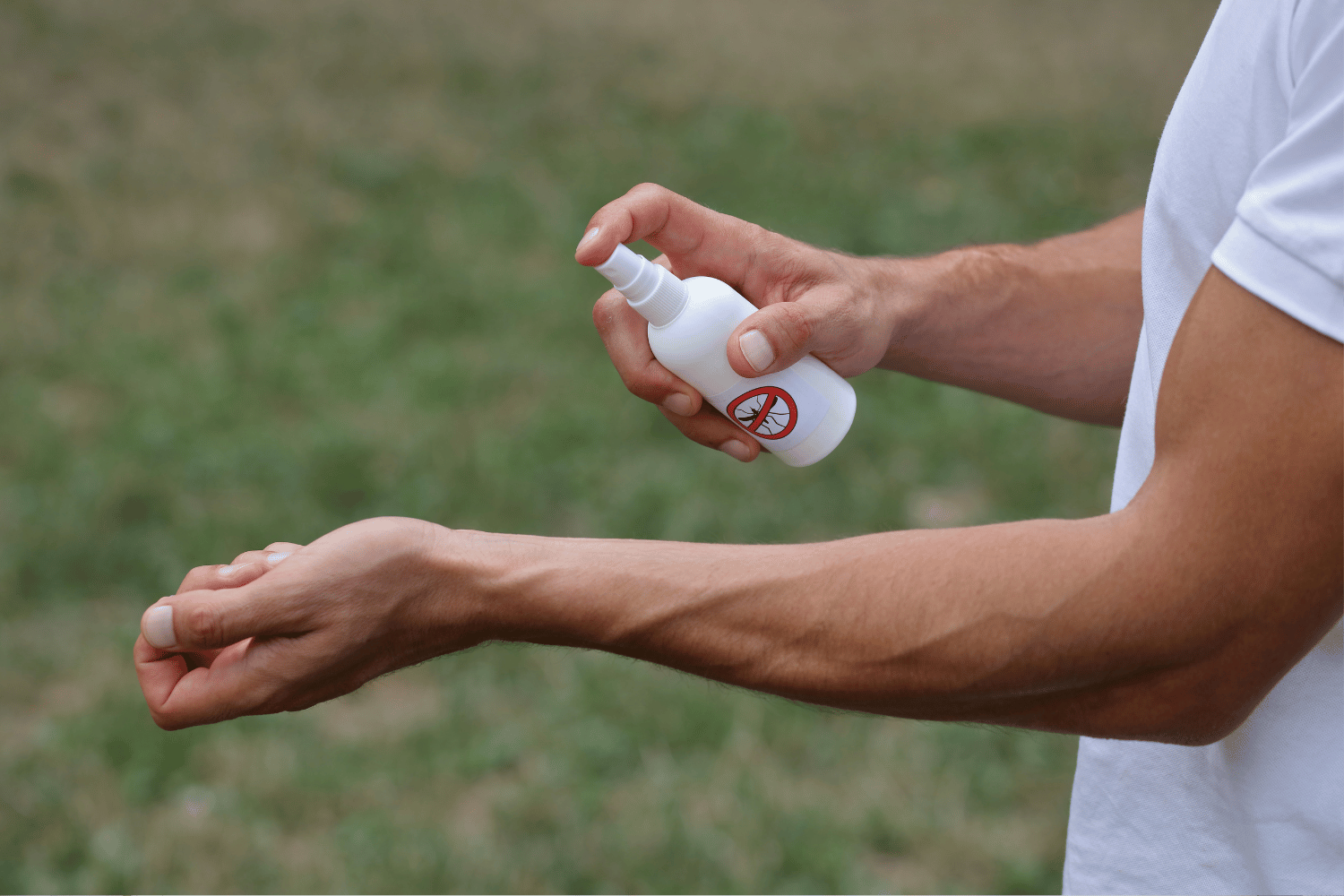28-year-old Singaporean recounts harrowing experience with dengue, which he caught twice
When Kenrick Leonard Augustine started having a slight fever and feeling very lethargic one Wednesday in June 2015, he dismissed it as nothing more than the common flu.
Fast forward four days to Sunday morning, and it was increasingly evident that this was no ordinary bout of sickness.
“I woke up and realised that I couldn’t move because my whole body was sore and I was feeling very weak,” he told MS News. “That’s when I told my sister that I needed to go to the hospital, so I was brought to the A&E at Tan Tock Seng Hospital.”

Source: Tan Tock Seng Hospital, for illustration purposes only
There, he underwent a blood test that confirmed he had dengue, which he completely did not expect.
After all, isn’t dengue just a mild sickness that you easily shrug off at home, not something that has your family rushing you to the emergency department?
At least, that’s what he thought.
Caught dengue for the first time in 2013
Kenrick’s first brush with dengue is believed to have happened over a decade ago in 2013 when he was 18.
Although he had a fever and backache, it was mild and he simply self-medicated at home after going to a regular clinic.
In fact, it was so mild that he did not know it was dengue until he caught it again and was diagnosed in 2015.
“Since I had almost the exact same symptoms both times, doctors suspected that I first caught it two years earlier,” recalled the 28-year-old seafarer.
The fact that Kenrick’s afflictions were so severe also strongly suggested that it was his second dance with dengue.
Professor Paul Tambyah, former president of the Asia-Pacific Society of Clinical Microbiology and Infection, explained to The Straits Times (ST) that a second dengue infection can be more severe if it’s caused by a different serotype — or strain — than the first.

Source: witsawat sananrum on Canva, for illustration purposes only
This is because the antibodies produced to combat the initial infection might not effectively target the other three serotypes, potentially leading to an overreaction by the immune system.
Had constant diarrhoea & vomiting during 10 days in hospital
In addition to the fever and fatigue, Kenrick’s reinfection brought on nausea and a debilitating backache.
He also battled constant bouts of diarrhoea and vomiting, sometimes concurrently, when he was in the hospital, where he was warded for 10 days.
Nurses had to frequently dab him with cold towels to bring down his temperature, which soared to almost 40 degrees Celsius.
At one point, his platelet count dropped so low — another telltale sign of severe dengue — that he almost required a blood transfusion, but fortunately, it never came to that.
A particularly poignant memory was when Kenrick’s friends came to visit and brought McDonald’s since he was craving a Double Cheeseburger.

Source: Thoranin Triwit on Flickr, for illustration purposes only
“When I took a bite, everything tasted like metal,” he recalled, noting that this occurred three or four days after being warded.
Kenrick’s loss of appetite, coupled with persistent vomiting and diarrhoea, resulted in an 8kg weight loss during his hospital stay.
Didn’t expect dengue to cause so many complications
After about a week of suffering, he started to finally see the light at the end of the tunnel when his fever subsided and the vomiting and diarrhoea episodes ceased.

Source: Tetiana Nekrasova on Canva, for illustration purposes only
Despite this improvement, he was still very weak and had to continue recuperating at home.
“I thought it would be mild,” said Kenrick. “You would think that dengue wouldn’t require you to be hospitalised. And there were so many complications like me almost needing a blood transfusion!”
Needless to say, he is afraid of getting dengue again. Since there are four dengue serotypes, individuals can contract the virus up to four times before achieving lasting immunity against the specific strain that afflicted them.
Practise B-L-O-C-K & S-A-W steps to protect yourself against dengue
Kenrick’s harrowing experience has significantly heightened his awareness of the importance of preventing mosquito breeding in his home.
For instance, after washing the dishes and leaving them to dry on a rack, he makes sure to empty the tray below to keep it clear of stagnant water, where mosquitoes are more likely to lay their eggs.

Source: pixelshot on Canva, for illustration purposes only
Other common mosquito breeding spots that tend to collect stagnant water include flowerpot plates and flower vases.
NEA encourages everyone to practise the B-L-O-C-K steps to suppress the Aedes mosquito population — the main transmitters of dengue — by removing potential breeding habitats.
They are:
- Break up hardened soil
- Lift and empty flowerpot plates
- Overturn pails and wipe their rims
- Change water in vases
- Keep roof gutters clear and place BTI insecticide
In addition, everyone, especially those residing in dengue cluster areas, should perform the S-A-W steps to protect themselves and others from dengue:
- Spray insecticide in dark corners around the house
- Apply insect repellent regularly
- Wear long sleeves and long pants

Source: Albina Gavrilovic on Canva, for illustration purposes only
If you’ve been diagnosed with dengue or suspect you have been infected, it’s important to take precautions to prevent further mosquito bites by following the S-A-W actions to stop the spread of the virus to mosquitoes and other people in your neighbourhood.
For more information, visit NEA’s Clean & Green Singapore website and stay updated with the latest developments by following the campaign’s Facebook and Instagram pages.
As dengue is endemic in Singapore and weekly dengue cases remain high, it’s ever-so-important to stay vigilant.
Remember: prevention is always better than cure. And after everything he went through, we believe Kenrick would certainly agree with that.
This post was brought to you in collaboration with the National Environment Agency in support of the Year of Public Hygiene.
Featured image adapted from Thoranin Triwit on Flickr and gorodenkoff on Canva, for illustration purposes only.









